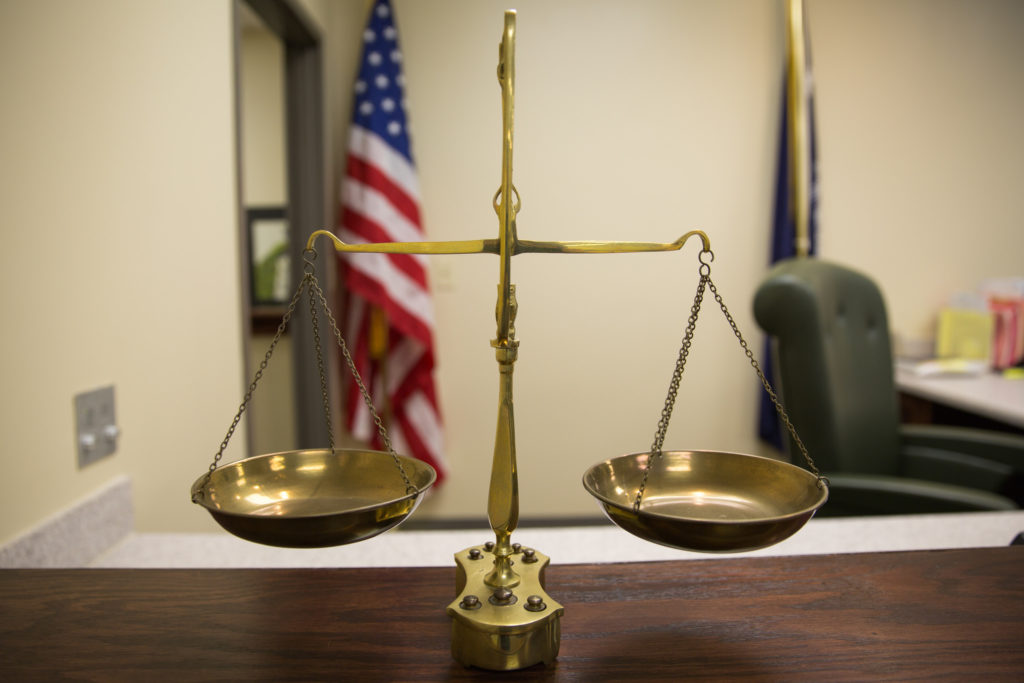States do have the authority to compel home care workers to be represented by a particular union, a federal judge recently ruled, in a case related to a landmark 2014 Supreme Court decision over union payments.
That earlier case concerned child care and personal assistant home care workers in Illinois, who argued that they should not have to pay dues and fees to public employee unions if they did not want to join or support the union. The Supreme Court ruled in their favor in June 2014.
However, a separate question remained: whether it is legal for a state, in this case Illinois, can designate a particular union as the “exclusive representative” of a particular group of workers, making it the only recognized lobbying and bargaining organization for those workers.
In Illinois, a branch of SEIU Healthcare has been designated as the sole representative for home caregivers. Plaintiffs, including child care workers and home caregivers for people with disabilities, having been arguing that this arrangement limits their Constitutional rights for freedom of association.
Under current federal law, even if some workers do not wish to associate with the designated union, the Illinois-SEIU arrangement is acceptable, ruled Judge Manish Shah of the U.S. District Court for the Northern District of Illinois. Shah last Thursday issued his decision and dismissed the lawsuit, Hill v. SEIU.
The U.S. Supreme Court may opt to revise the precedent set in a case known as D’agostina V. Baker, in which the court ruled that “exclusive bargaining representation by a democratically selected union does not, without more, violate the right of free association on the part of dissenting non-union members of the bargaining unit,” Shah noted in his decision.
And Supreme Court consideration remains a possibility, as Hill v. SEIU indeed will enter the appellate system, according to the Liberty Justice Center, one of the organizations representing the plaintiffs.
“We are disappointed that SEIU will continue to speak for childcare providers and personal assistants who want nothing to do with that group,” LJC said in a prepared statement. “The First Amendment protects the right not to associate with an organization against your will, so the state shouldn’t be allowed to force the women who brought this case, who aren’t even government employees, to associate with a government union. So now we’ll ask the Seventh Circuit Court of Appeals to protect their rights.”
Part of the impetus for Hill v. SEIU is that caregivers who opted out of paying union dues following the 2014 Supreme Court decision have been under pressure to join the SEIU, according to court documents. This has included union representatives holding “mandatory training sessions” involving pitches about joining.
The workers in question are those who do receive government subsidies but aren’t classified as state employees. They include personal assistants, who receive payment from the Medicaid program to provide in-home care to disabled people. Often, these caregivers and the people they care for are related.
Written by Tim Mullaney
Photo Credit: Photo Credit: “Scales of Justice” by North Charleston, CC BY-SA 2.0




